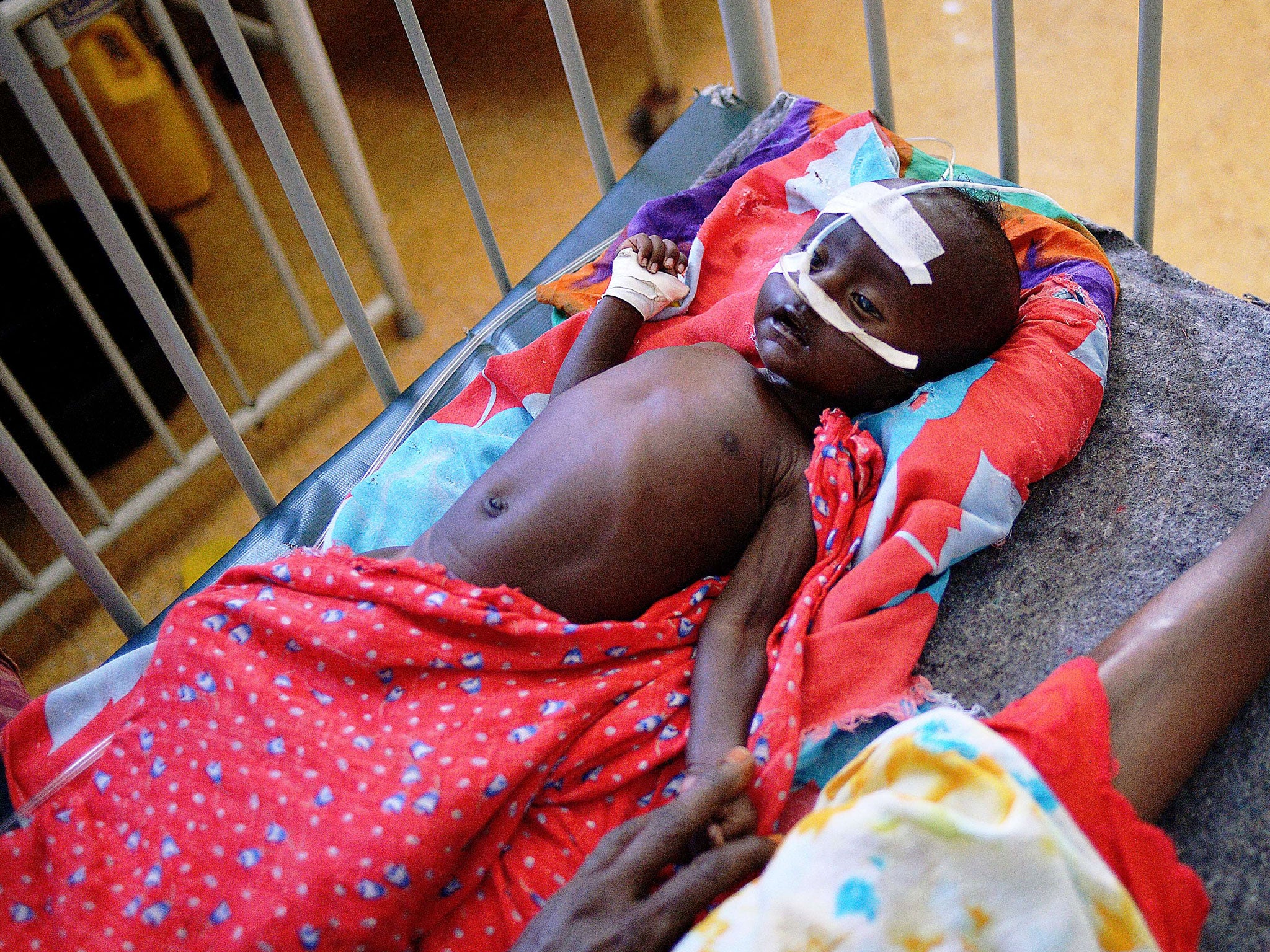Somalia: UN’s late declaration of famine in 2011 cost lives

Your support helps us to tell the story
From reproductive rights to climate change to Big Tech, The Independent is on the ground when the story is developing. Whether it's investigating the financials of Elon Musk's pro-Trump PAC or producing our latest documentary, 'The A Word', which shines a light on the American women fighting for reproductive rights, we know how important it is to parse out the facts from the messaging.
At such a critical moment in US history, we need reporters on the ground. Your donation allows us to keep sending journalists to speak to both sides of the story.
The Independent is trusted by Americans across the entire political spectrum. And unlike many other quality news outlets, we choose not to lock Americans out of our reporting and analysis with paywalls. We believe quality journalism should be available to everyone, paid for by those who can afford it.
Your support makes all the difference.The United Nations has admitted that a delay in declaring a famine in Somalia in 2011 cost additional lives, after a new report revealed that more than a quarter of a million people died, half of them young children.
The UN’s top humanitarian official for the nation, Philippe Lazzarini, described as “unsettling” the results of the first scientific survey of the death toll in the 2011 famine. It concluded that 258,000 people died as a consequence of the crisis.
A previous estimate of the famine toll compiled by the British government put the figure between 50,000-100,000. By the time the UN declared a famine in July 2011, triggering an international response, 30,000 people per month were already dying.
“Warnings as far back as the drought in 2010 did not trigger sufficient early action,” said Mr Lazzarini. “The suffering played out like a drama without witnesses.”
By the end of 2010 Somalia had suffered its worst drought in decades. The famine drove hundreds of thousands of Somalis south into overcrowded refugee facilities in Kenya.
Aid efforts were complicated by threats from the militants of al-Shabaab, who refused to let foreign agencies into southern and central Somalia where people were dying in appalling numbers.
The report, compiled by UN agencies and Famine Early Warning Systems Network, states nearly 5 per cent of the population died during the crisis.
Join our commenting forum
Join thought-provoking conversations, follow other Independent readers and see their replies
Comments